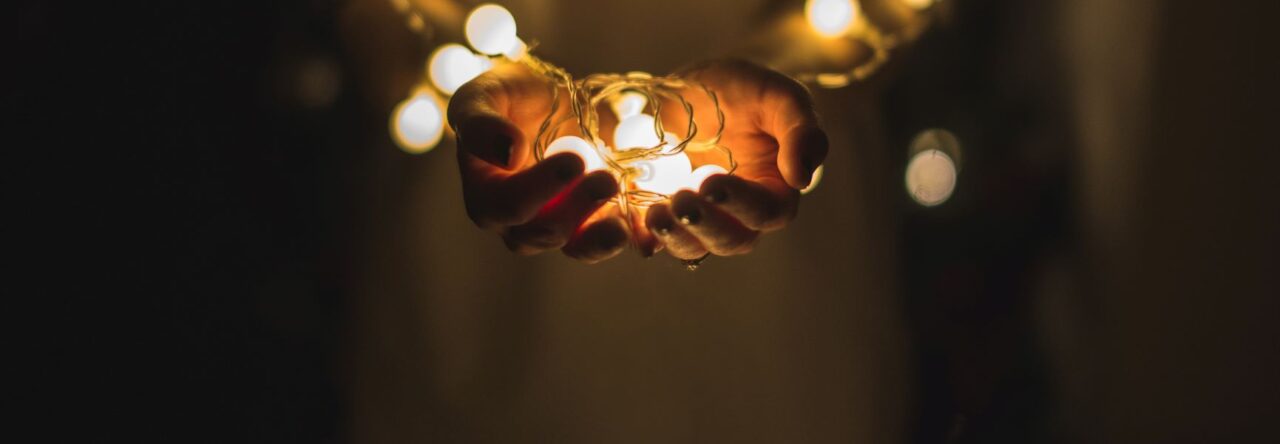One of the things I noticed while consulting other blogs about living with ALS, is that other bloggers include information about their diagnosis process. Thus inspired, here is my ALS origin story:
One morning during the third week of June, 2017, I was standing in my kitchen. I took a pen from the cup next to the phone. As I prepared to write my to do list, I noticed that the pen felt odd in my fingers. I couldn’t get a proper grip on it. One thought flashed through my mind: “I hope I don’t have ALS or MS.”
Multiple Sclerosis is a disease many people know something about. I’ve known people with MS, and of course there’s my favorite president, Jed Bartlett of The West Wing, who had MS, so it’s easy to understand why I would think of MS.
ALS is more obscure. Three experiences put it on my radar. One was a person I knew in high school, who would shout, “Lou Gehrig’s Disease!” anytime someone dropped something. It was insensitive, to be sure, but I credit it with my early awareness of the disease and some of its symptoms. The second experience was during a car ride with some colleagues fifteen years ago. We were going to a funeral, and one of my colleagues shared that her sister had died from ALS. That was the closest I had been to ALS, and, for some reason, her comment stayed with me. The third experience was reading an article in my alumni magazine around twelve years ago about an alumna with ALS. I have never forgotten the woman’s story. All three experiences primed me to link my suddenly weak fingers with ALS.
The weakness in my fingers persisted over the next few weeks, and I started to notice weakness in my right hand. I dropped things with no warning: keys, cartons of milk, yogurt containers. The cordless drill I had used many times without trouble, was suddenly so heavy that I couldn’t hold it.
In early August I saw my primary care doctor for my annual physical. I asked her at what point I should be concerned about weaknesses in my right hand. I said, ” I want to make sure I don’t have ALS or MS.”
She manually tested the strength in my hands, arms, and legs, and she checked my reflexes. She saw that my right hand was quite weak, and my right arm was hyper-reflexive. She referred me to a neurologist.
I can’t emphasize strongly enough how lucky I was that my doctor took me seriously and that she knew what to look for. I have heard nightmares from and about other pALS whose doctors dismissed their symptoms as nothing or as normal signs of aging, or who misdiagnosed them completely.
Before I saw the neurologist, I had an MRI of my brain, which ruled out MS. Then the neurologist sent me for an MRI of my neck. The hope was that a bulging disc was pinching the nerves that controlled my hand and arm. The MRI revealed a bulging disc, but not one that would affect those nerves.
The next step was an EMG, a test that involved inserting needles into my hand and arm muscles to check their health and the health of the nerves that control them. The EMG results showed that there was a problem, but could not identify the cause. The hope at that point was that there was something physically blocking the nerves, such as a tumor. Back for a third MRI, this time of my shoulder. You know things are bad when you’re hoping for a tumor.
No blockage.
By this time, early October, I had decided to change neurologists. The one I had been seeing didn’t specialize in ALS, and more importantly, he was a jerk. I had been doing some research on the newly FDA-approved ALS drug, Radicava, and through my research, I came upon a video about Dr. E, a neurologist in my area who had a multidisciplinary ALS clinic. Dr. E came across in the video as not only knowledgeable, but also as incredibly caring and respectful of his patients. I knew that if I had ALS, I wanted Dr. E to be my neurologist.
My dear friend, Ellen, came with me to my final appointment with the first neurologist. He told us that while he thought it was ALS, he wanted to send me to someone with more expertise. I asked, “Is it Dr. E?”
“Yes.”
“Great.”
Ellen and I couldn’t get out of that office fast enough. Always one to take action, Ellen tried calling Dr. E’s office immediately from the parking lot. When she couldn’t get through to the scheduler, Ellen insisted that we drive across town to Dr. E’s office to try in person. As soon as we were in the building lobby, Dr. E’s scheduler called. They had a cancelation and could get me in the following week.
Dr. E wanted to repeat the EMG himself, and, since the only way to diagnose ALS is to eliminate all other diseases that can mimic the symptoms, he ordered a host of blood tests. (My sister Sephrah would later joke that we should make “I wish it were syphilis” t-shirts. Syphilis is treatable.) As we neared the end of the appointment, I said to Dr. E, “I don’t want to hear, ‘two-and-half to five years.'”
“No one should ever tell you that,” he replied. “ALS affects everyone differently.”
Ellen was with me at that first appointment, and when Dr. E left the room, Ellen and I turned to each other and both said, “I love him!” Dr. E makes having ALS just a little bit better.
On October 25, 2017, Dr. E officially diagnosed me with ALS. To go from symptom onset to definitive diagnosis in four months is unusual in the ALS world. In that, I know I’m lucky, but I’m still waiting for my super power.
